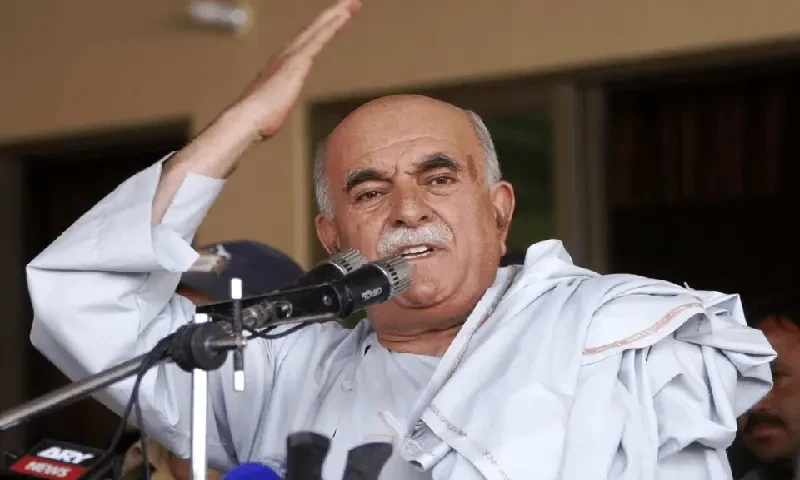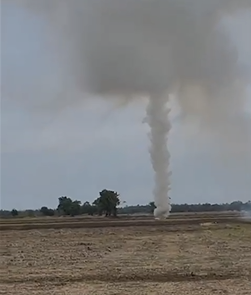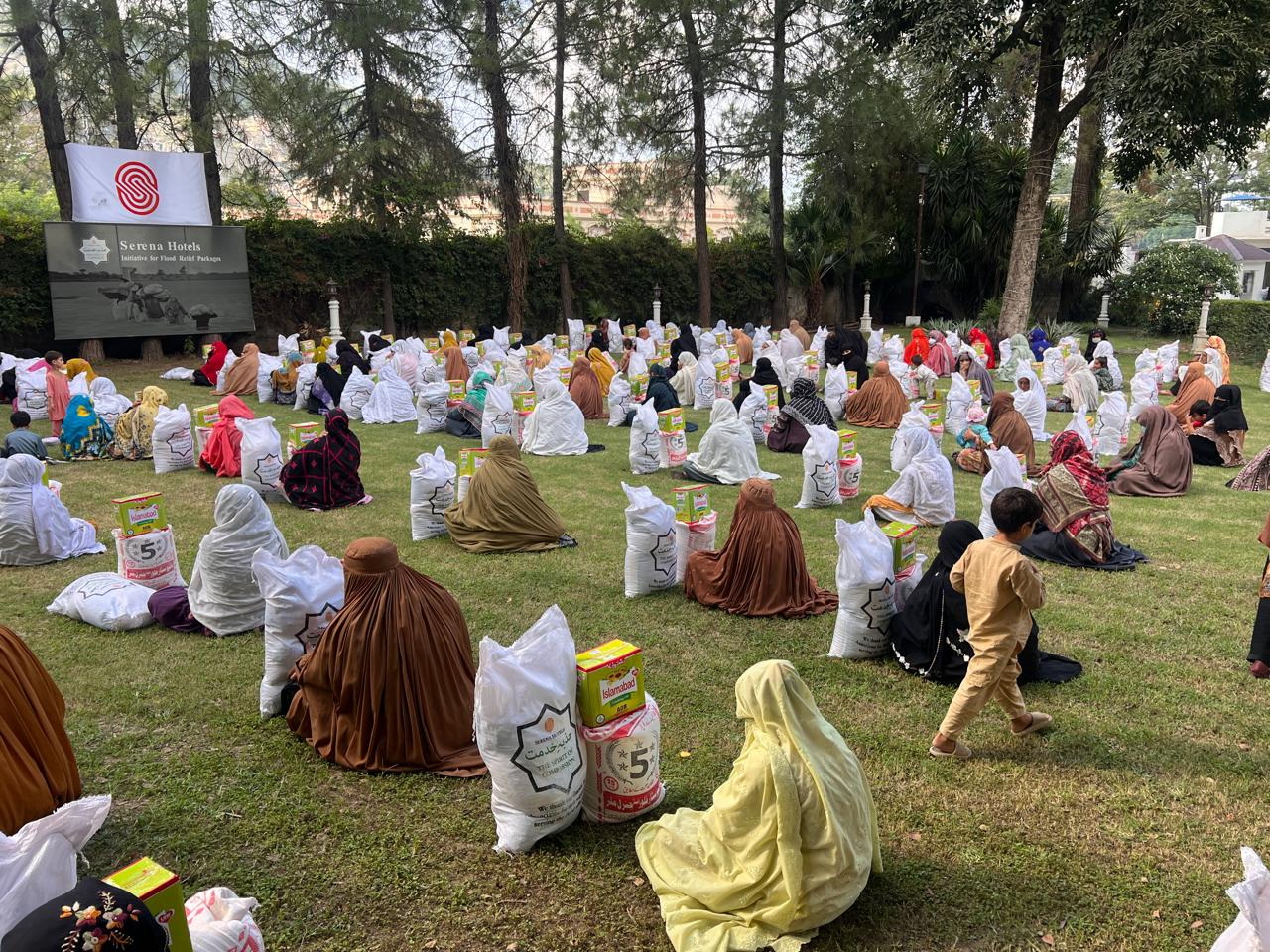Pakistan PM stresses $17 billion Indus River restoration need at Dubai’s COP28 sideline event Previous
Caretaker Prime Minister Anwaar-ul-Haq Kakar told a gathering on the margins of the United Nations climate conference in Dubai on Sunday Pakistan needed up to $17 billion for the next 15 years to work on the ecological restoration of the Indus River.
The giant waterway, nurturing the ancient Indus Valley Civilization, one of the world’s earliest urban cultures, has been a lifeline for the region for millennia, fostering agricultural prosperity and cultural development.
It continues to remains crucial to Pakistan’s sustenance, ensuring its food security, providing vital water resources and driving economic growth through hydroelectric power and other industries.
The prime minister, who is currently on a week-long visit to the Middle East and leading his country’s delegation at the 28th UN Conference of Parties (COP28) that began on Nov. 30, raised the issue at a ceremony organized by Living Indus, the largest climate initiative in Pakistan.
“Pakistani government is clear on its priorities with Living Indus, and we will work together to tackle the challenges, especially now that climate changes are aggravating,” he said.
“This initiative suggests that we need a minimum indicative investment of $11-17 billion over the next 15 years to mobilize from the public and private sector, citizens and communities,” he added.
Launched last September with UN support, the Living Indus initiative aims to protect and restore the vital river. The project aims to address challenges such as water scarcity, pollution, and habitat degradation through conservation and sustainable management.
The Indus Basin is home to 90 percent of Pakistan’s population and contributes to over three-quarters of its economy.
Despite its historical and ecological significance, however, the Indus is said to be the world’s second most polluted river.
Kakar thanked the World Wildlife Fund, United States Agency for International Development, Coca-Cola Foundation and Green Climate Fund for successfully developing “Recharge Pakistan” that aims to reduce climate vulnerability, calling it the first step toward Living Indus.
The project is designed to increase water storage and recharge through wetlands, floodplains and hill-torrents management.
“This will come in pieces, we understand, especially as Pakistan is facing a financial challenge,” he said, adding the flagship project with an international commitment to climate finance of nearly $78 billion was central to the country’s efforts in reducing future flooding and drought impacts.
The prime minister said flood and water resource management under the Living Indus framework would not only benefit millions of citizens but also serve as a model for climate innovation on a global scale.
“But more important is that the Living Indus initiative seeks to mobilize a movement that repairs and restores a healthy Indus for today and tomorrow,” he added.




